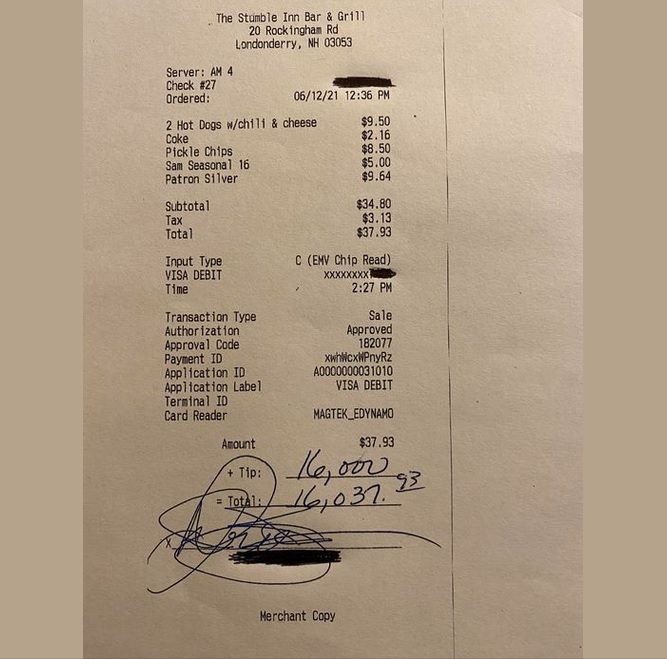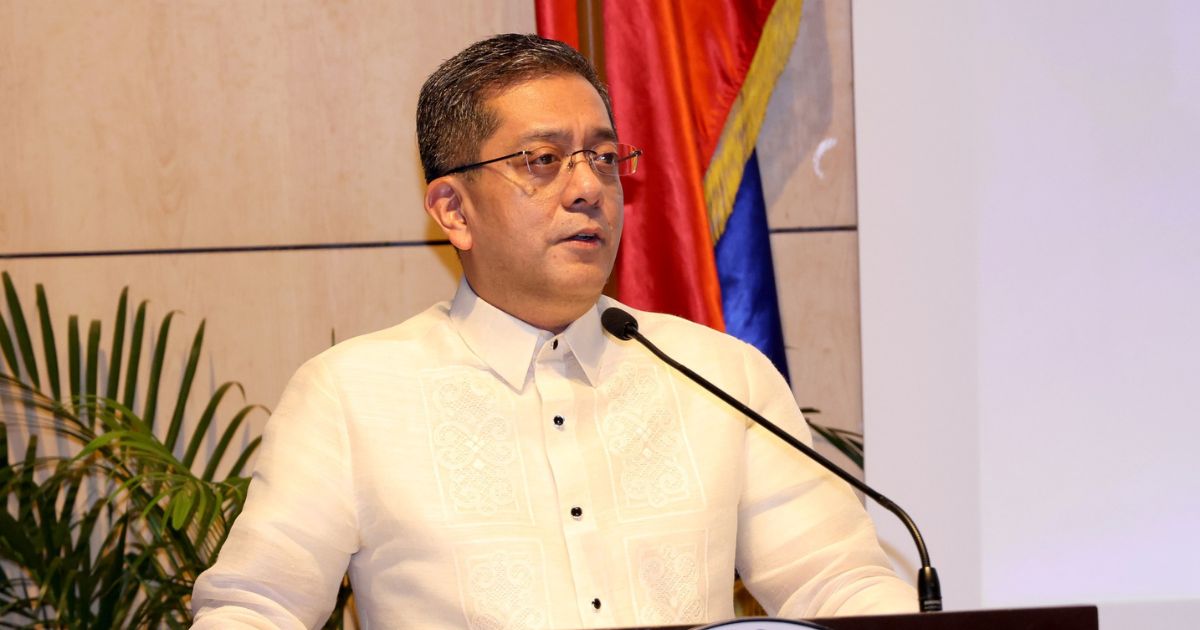The Commission on Elections (Comelec) assured the public that the online voting system for overseas Filipinos is secure and tamper-proof, amid concerns raised by voters who reported discrepancies when verifying their votes through a QR code.
Comelec Chairman George Garcia explained that while the verification page does not show the actual names of candidates selected, it displays encrypted, machine-readable codes representing all candidates, including those voted for, as a built-in security measure.
“Pag pinindot kasi nila yung QR code, ang lalabas po doon hindi na yung pangalan ng mga kandidato na kanilang binoto. Lalabas po diyan ay machine readable codes ng lahat ng kandidato at nandoon din ang kandidatong kanilang binoto,” Garcia said in a chance interview at the Comelec office in Intramuros, Manila.
Garcia emphasized that the system is encrypted to prevent vote-buying and selling, likening it to the practice of issuing election receipts only visible to the voter before being dropped in the ballot box. He added that printed receipts will be available at foreign posts at the end of the voting period on May 12 for vote verification.
He also noted that the system’s credibility is supported by election watchdogs and IT experts who reviewed the source code, stating, “It is safe, it is verifiable, it is auditable.”
Over 1.2 million registered overseas Filipino voters are participating in the month-long voting period, which began on April 13. Of 93 foreign posts, 77 are using online voting for the first time. The rest continue to use automated counting machines.
If successful, Comelec said online voting could be introduced in the Philippines to help senior citizens, pregnant women, and persons with disabilities.
The Filipino Times is the chronicler of stories for, of and by Filipinos all over the world, reaching more than 236 countries in readership. Any interesting story to share? Email us at editorial@filipinotimes.ae





